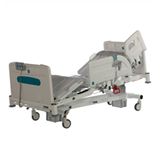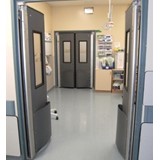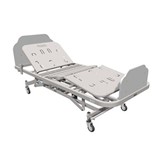While it is true that hospital inpatients are more likely to have weaker immune systems and to be affected by infections, health professionals should of course be doing everything possible to defend the health of those seeking medical treatment.
In fact, it has been estimated that up to one third of the infections acquired in hospitals are preventable – up to 70,000 infections we could avoid every year in Australia.
How can we do this? Essentially, we need to get the basics right.
 |
Stop infection spread: wash your handsHealth professionals frequently move between patients and can easily carry bacteria on their hands. While it almost seems too simple, washing your hands can make a significant difference in reducing infection spread in hospitals. Read about discovery of antibacterial gel for resistant bacteria |
||
Minimise exposure: shorter hospital staysThe longer patients stay in hospital alongside other patients, the more likely they are to be affected by hospital-acquired infections. It is also important that patients who are discharged earlier are monitored for signs of hospital-acquired infections that may surface later at home. Read more about infections acquired in hospital and earlier discharge |
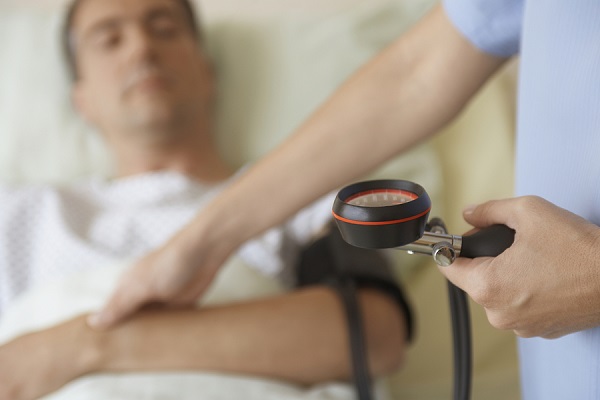 |
||
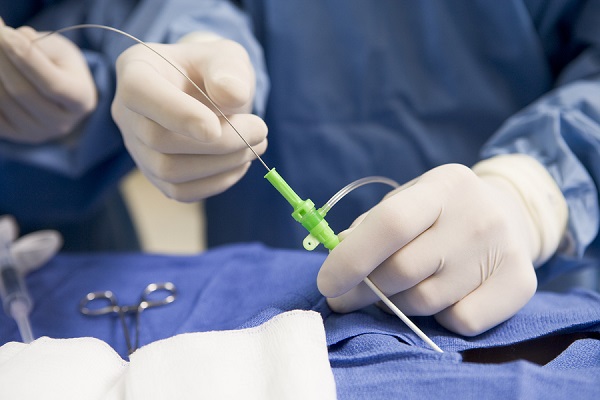 |
Reduce infection risk: minimise use of cathetersUrinary tract infections are among the most common hospital-acquired infections and catheters increase the risk of these substantially, as they allow bacteria to pass into the bladder more easily. Health professionals are obliged to consider if hospitalised patients continue to require a catheter, and to minimise the duration where possible. It is also important to monitor people with a catheter more closely to treat infections as soon as they arise. Read about the infections associated with catheter use |
||
Reduce antibiotic resistance: prescribe carefullyParticularly in large Australian hospitals, multiple resistant bacterial strains (such as MRSA) are common. This is largely due to misuse of the antibiotics we have available, giving the bacteria an opportunity to acquire resistance. Ideally we should be testing bacterial specificity of hospital-acquired infections as early as possible, enabling the use of narrow spectrum antibiotics to eradicate infections and decrease antibiotic exposure. Read about prescribing antibiotics to help prevent antibiotic resistance |
 |



